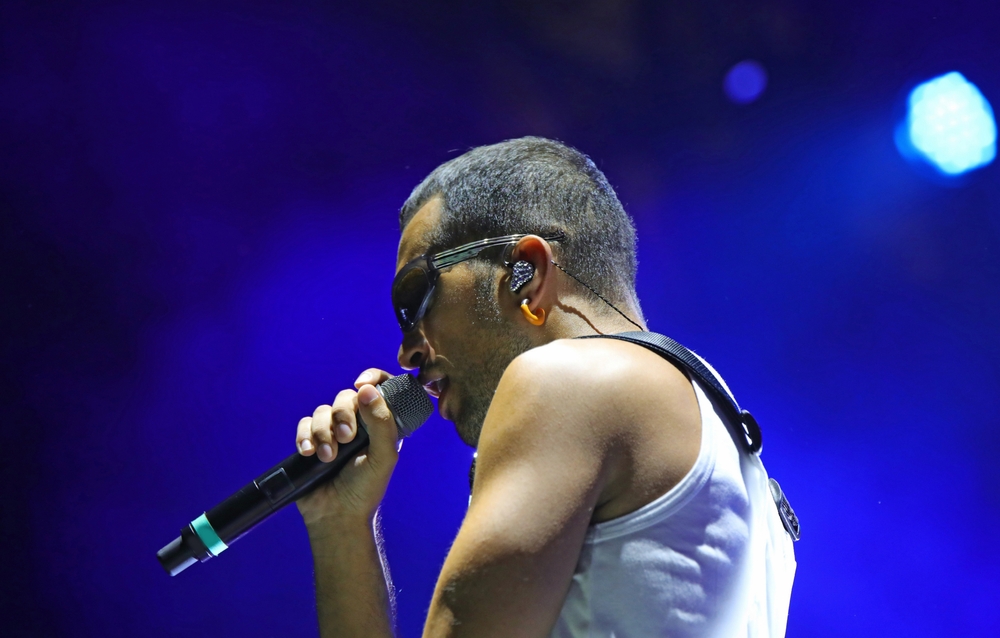Rome’s iconic New Year’s Eve concert at the Circus Maximus is now at risk of cancellation following the city’s decision to exclude rapper Tony Effe from the lineup. The move came after widespread criticism of his lyrics, which some deem misogynistic, violent, and inappropriate for a publicly funded event. In solidarity with Effe, fellow performers Mahmood and Mara Sattei, both under the same label, have withdrawn from the event, calling the exclusion an act of censorship. Singer Emma Marrone also defended the rapper, describing him as a “good person” and condemning the backlash.
The controversy has reignited debates over the content of modern rap and trap music, which often reflect gritty realities of urban life but are criticized for perpetuating problematic themes like sexism and violence. Critics argue that Effe’s lyrics reflect the genre’s excesses, while supporters emphasize the broader narratives of love, friendship, and joy embedded in his work. The decision has also raised questions about the city’s vetting process, as officials invited Effe before realizing the potential backlash. Meanwhile, the rapper is still slated to perform at the upcoming Sanremo Festival, where organizers promise “surprises.”
The fallout has proven counterproductive for the city. Effe’s exclusion has amplified his music’s reach, sparking curiosity and further popularizing his work. Critics suggest that instead of damage control, institutions should focus on promoting and funding music that inspires positive cultural and educational impact. The mishandling of the event underscores the delicate balance between artistic freedom, public accountability, and the influence of popular music on youth culture. For now, Tony Effe seems to be the unintended beneficiary of this very public debacle.

